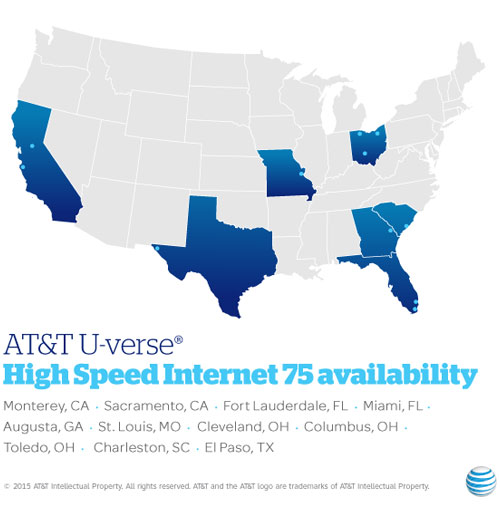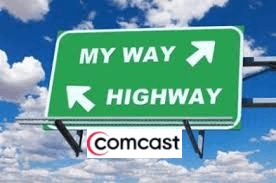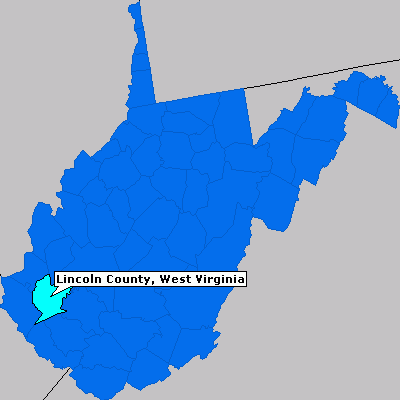 Looking for civil rights groups to support your multi-billion dollar telecom merger and keep minority groups off your back?
Looking for civil rights groups to support your multi-billion dollar telecom merger and keep minority groups off your back?
You couldn’t do better than cutting a check to Rev. Al Sharpton, whose National Action Network (NAN) will generate form letters praising your killer deal before regulators or help garner support in Congress for more deregulation and less Net Neutrality. All it takes is a few donations and consulting fees, according to a special report published by the New York Post.
“Al Sharpton has enriched himself and NAN for years by threatening companies with bad publicity if they didn’t come to terms with him. Put simply, Sharpton specializes in shakedowns,” Ken Boehm, chairman of the National Legal & Policy Center told the Post.
“Once Sharpton’s on board, he plays the race card all the way through,” said a source who has worked with the Harlem preacher. “He just keeps asking for more and more money.”
Sharpton’s 60th birthday party bash last October at Manhattan’s Four Seasons restaurant departed from the usual friends and family oriented affair most of us would expect, as envelopes arrived from some of America’s largest corporations, including AT&T and Verizon, containing at least $1 million in donations for Sharpton’s civil rights group.
Coincidentally, that same month Sharpton co-signed a letter sent to the FCC urging the regulator to approve AT&T’s deal to buy DirecTV.
“We believe the evidence and the company’s record, as well as future impact and commitments post-merger, provide a clear and compelling basis for the FCC to determine that this merger is in the public’s best interest,” the letter said. “If approved, the combined AT&T-DirecTV will have greater incentive to deploy a state of the art Internet service and give millions of Americans a new way to access the Internet’s economic, social, and civic benefits.”
If approved, the deal would also eliminate one of AT&T’s chief competitors for pay television customers, making DirecTV part of the AT&T family.
 While the money keeps rolling in, Sharpton has left taxpayers footing his bills. Sharpton himself, his nonprofit NAN, and two for-profit firms controlled by him have racked up $4.7 million in outstanding debt and tax obligations according to federal and New York State records. He owes New York taxpayers $806,875 and after not bothering to pay his personal income taxes in full, he owes $2.6 million in federal liens. Sharpton’s NAN still owes more than $800,000 to the federal government and his two for-profit ventures separately owe New Yorkers nearly $450,000.
While the money keeps rolling in, Sharpton has left taxpayers footing his bills. Sharpton himself, his nonprofit NAN, and two for-profit firms controlled by him have racked up $4.7 million in outstanding debt and tax obligations according to federal and New York State records. He owes New York taxpayers $806,875 and after not bothering to pay his personal income taxes in full, he owes $2.6 million in federal liens. Sharpton’s NAN still owes more than $800,000 to the federal government and his two for-profit ventures separately owe New Yorkers nearly $450,000.
Raising money to repay debts appears to be a major priority for Sharpton these days, and companies like Comcast covet his support of their corporate agendas.
Shortly after Comcast announced its intention to acquire NBC-Universal in late 2009, Comcast’s chief executive, Brian L. Roberts, and the head of the company’s lobbying effort, David L. Cohen, met with Sharpton and other representatives of minority groups to talk about their bid. Comcast recognized that support from minority groups would be crucial to answering the inevitable charge that giant media mergers have a tendency to reduce diversity in programming, particularly from and for minorities.
Comcast turned on its money spigot, donating at least $140,000 to Sharpton’s National Action Network. In turn, Sharpton took a sudden interest in the merger, penning letters of strong support to the FCC. Between 2008 and 2010, Comcast’s corporate foundation donated more than $3 million to 39 minority groups that wrote letters to federal regulators in support of the NBC deal. Comcast and NBC Universal also worked out an agreement with advocacy groups guaranteeing increased “minority participation in news and public affairs programming”—so long as the deal went through.

Sharpton: Comcast supporter turned Comcast-owned MSNBC host.
Few expected that Sharpton himself would be a direct beneficiary of Comcast’s gratitude after the merger was approved. Sharpton was suddenly hired (for an undisclosed amount) as host of his own MSNBC weeknight show, still on the network today.
The New York Times noticed.
“Rarely, if ever, has a cable news channel employed a host who has previously campaigned for the business goals of the channel’s parent company,” the newspaper wrote.
Since the cable company began cutting checks to the NAN, Sharpton has towed the line on Comcast’s public policy agenda.
Last July, Sharpton’s group joined several other civil rights groups (most, if not all financially supported by Comcast) complaining that enforcing Net Neutrality would “harm communities of color.”
“The groups wrote to the FCC to tell them that ‘we do not believe that the door to Title II should be opened,'” said Lee Fang in a piece that was quickly censored by a Comcast-owned news outlet. “Simply put, these groups, many of which claim to carry the mantle of Martin Luther King Jr., are saying that Comcast and Verizon should be able to create Internet slow lanes and fast lanes, and such a change would magically improve the lives of non-white Americans.”
“Just as Martin Luther King Jr.’s children have embarrassingly descended into fighting bitterly over what’s left of his estate, the civil rights groups formed to advance Dr. King’s legacy seem willing to sell out their own members for a buck,” Fang concluded.
 WOW! broadband customers in Ohio and Alabama can now sign up for Internet speeds as high as 110Mbps.
WOW! broadband customers in Ohio and Alabama can now sign up for Internet speeds as high as 110Mbps.

 Subscribe
Subscribe AT&T Speed Increases to the Press Release are back, and an AT&T installer in Cleveland tells us you probably don’t qualify to get them just yet.
AT&T Speed Increases to the Press Release are back, and an AT&T installer in Cleveland tells us you probably don’t qualify to get them just yet. Looking for civil rights groups to support your multi-billion dollar telecom merger and keep minority groups off your back?
Looking for civil rights groups to support your multi-billion dollar telecom merger and keep minority groups off your back? While the money keeps rolling in, Sharpton has
While the money keeps rolling in, Sharpton has 
 Comcast Internet-only customers looking for speeds up to 100Mbps will pay Comcast an unprecedented $88.95 a month for a package containing the company’s Blast! broadband service with a rented cable modem.
Comcast Internet-only customers looking for speeds up to 100Mbps will pay Comcast an unprecedented $88.95 a month for a package containing the company’s Blast! broadband service with a rented cable modem.

 Comcast: 88% of customers met or exceeded state and federal standards;
Comcast: 88% of customers met or exceeded state and federal standards;